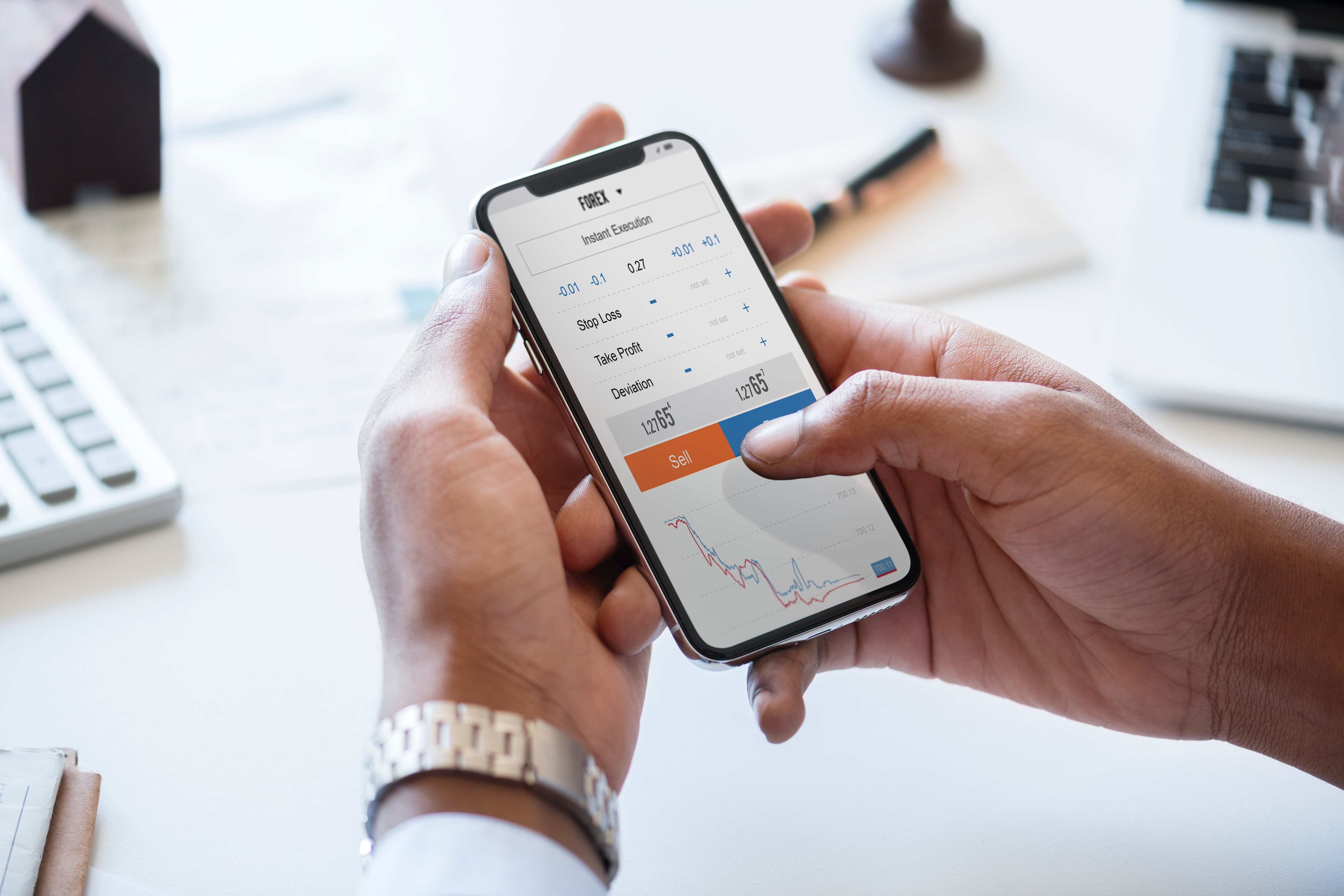How to avoid mental pitfalls
Trading is a high-performance activity and, like all high-performance pursuits, the mental element of how you approach your trading is extremely important. Ironically, it is also easy to overlook with many novice traders seeing it as an irrelevant part of their trading.
However, trading psychology mustn't be ignored
since our state of mind affects how we trade. This article will
consider five of the most common trading challenges that people face and offer
some solutions for addressing them.

Fear of missing out
This trap is when we see a currency move that has already taken place and we feel that we just have to be part of it. It may have been a central bank who changed their forward guidance and the market is pricing in a fundamental shift for their currency. The price has moved 300 points and, impulsively, we might simply enter a position in order to avoid missing out.
We then have to watch as price endures a 150 point draw down and we have capital unnecessarily tied into a position that is in the red. A couple of days later we may be angry that we were not patient enough to wait for a pullback and get a far better price.
Becoming more aggressive after losing trades
You have just lost your third trade in a row. You are furious. Your instant reaction is revenge. Of course, you may not see it like that, but that is what you want. Your heartbeat has increased. You feel angry. An aggressive response leads to a hastily planned trade, entered quickly and spontaneously, which in turn may lead to further unnecessary losses.
Moving your stop loss
You have had a good run recently and made steady profits. Then you enter a trade and it starts to approach your stop loss. You don't want to take the dent to your trading record, so you move your stop loss out further than you planned.
Price moves again and does not reverse, so you move your stop loss again; surely price will reverse soon. All your profit from your good run has now been erased and you are desperate for a reversal. It never comes, and you take a large, and unnecessary, hit to your account.
Failure to take a trade because you lost the last three trades
You have lost the last three trades and you are feeling low. A good set up comes along, the technicals and the fundamentals are perfect and this is exactly the sort of trade for you to take. However, you let it pass. You then see the trade soar to make hundreds of points. You couldn't pull the trigger because you were still feeling low after a string of losses.
Jumping in to trades on market moves
You are at the charts and the EUR/USD chart suddenly moves 70 points for no reason. There is nothing on the news feeds to explain the move. However, you jump in to the trade and as soon as you do price reverses all the way back to the price it was at before the unexplained move.
The only difference is that you either have a losing trader or are sat in 50+ points of drawdown. When you look at the positon you know that you entered for no other reason than you saw the market move. You now have a 50+ points mistake to erase before you start making profits again. Impulsive, unplanned and completely unnecessary.
It can be easy to feel that you are the only one making these mistakes and that maybe you are just not cut out for trading. However, these traps are common for all traders and they all come from having the wrong mindset. Here are three things you can do to help yourself develop a correct mindset.
Don't over leverage.
Not over leveraging allows a trader to think calmly and logically. One of the major impacts of using leverage is that it is very hard to think unemotionally when you are risking large percentages of your account.
A certain aspect of successful trading requires a detachment from a trade and not over managing it. If you are using high levels of leverage, then you will find it much harder to keep an emotional detachment to your trades. You are far more likely to intervene and mismanage a trade.
Get a mentor
Trading for many people is a lonely activity. Yes, there are internet forums, but sometimes they are dominated by over bearing personalities who are unhelpful. It can be hard to assess who you are speaking to on a forum and whether their advice is good or not.
By getting a mentor, with a bona-fide track record, you will know that their advice is worth listening to. You can also talk through your trades with them and you will find that they have solutions for some of the emotions that you have been experiencing.
Keep a journal
By keeping a journal, you can review your trades. Why did you enter that trade? Would you do that again? If not, why not? Use your mistakes to work for you and not against you. Take a break on the weekend, grab a coffee and review last week's trades. Let them be points of learning as you review and adjust your mindset.

By doing these three things above, over time, your mistakes will become less frequent. Finally, don't be overly hard on yourself for your trading losses due to your emotions since they are a normal part of the learning curve for a trader.
It would be more unusual for you to not experience them than to have an innate and complete mental mastery over your trading. Trading is a high-performance activity and a business, so it should be approached as such.




